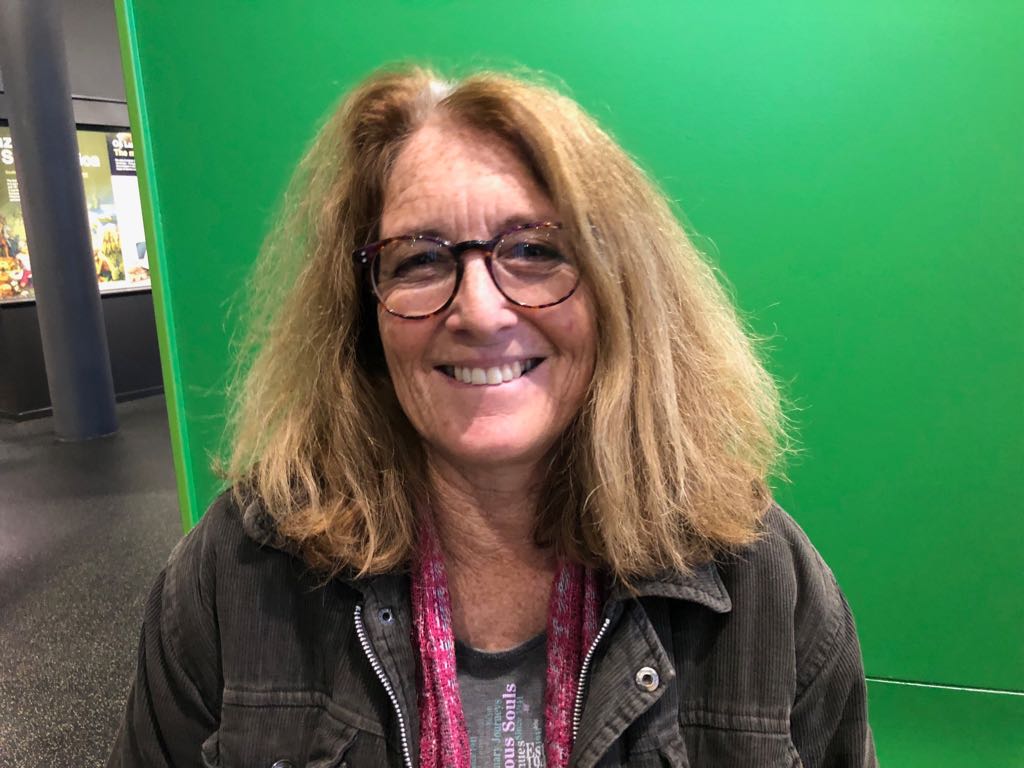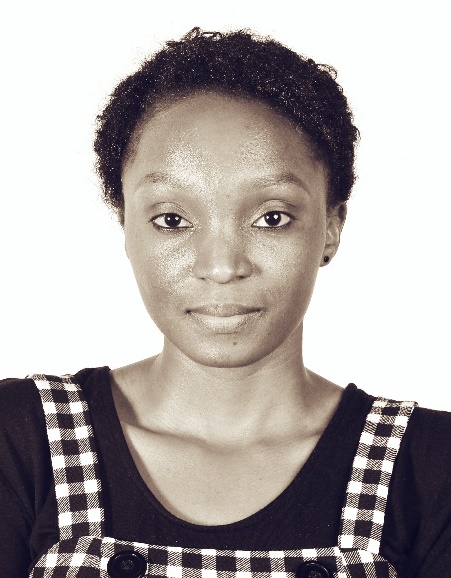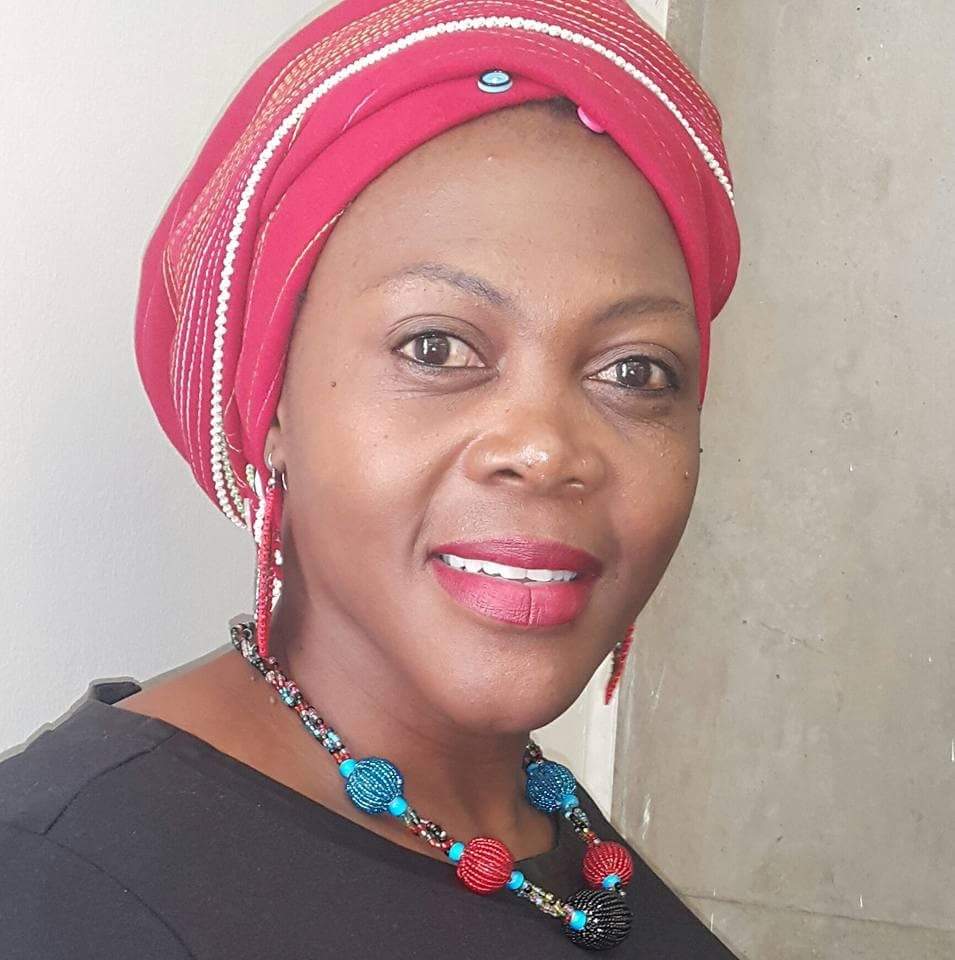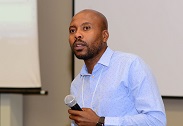Invited Speakers
Prof. Mary Gulumian

Prof. Mary Gulumian
She has also been appointed as an Extraordinary Professor at the University of Pretoria for her efforts in post graduate course on Health Risk assessment. She is the founder member and the past President of the Society for Free Radical Society of South Africa (SFRR-SA), the founder member and President of the Toxicology Society of South Africa (TOXSA), and the founder member and President of the Society of Risk Analysis (SRA)-Africa . She served in the Executive Committee of the International Union of Toxicology (IUTOX). She was a member of the final review board of WHO Concise International Chemical Assessment Documents (CICAD) publications on number of toxic compounds. She currently represents South Africa in the OECD Working Party on Manufactured Nanomaterials as well as serves on Expert Technical Committee for WG3 of ISO/TC 229 on nanotechnologies. Nationally, in her capacity as the President of TOXSA, Professor Gulumian is involved in the registration of Toxicologists in South Africa and in setting up curricula necessary for this registration, and a Council member of the South African Council for Natural Scientific Professions (SACNASP). Her research interests include hazard identification and communication as well as elucidation of mechanisms of toxicity of micro and nano particles. She has authored and co-authored numerous scientific publications on this topic and made great number of key note and invited presentations at local and overseas conferences. She has also provided expert consultation to industry and government departments on the toxicity of chemicals in the working and ambient environments. Professor Gulumian is also a member of the Editorial Board of the journal of Human and Experimental Toxicology (HET), journal Particle and Fibre Toxicology (PFT), and the Journal of Nanomedicine and Nanotechnology and also the Associate Editor of the journal Inhalation Toxicology.
Ms. Penny Haworth

Ms. Penny Haworth
She managed SAIAB’s role as test site for responsible research and innovation (RRI) on the EU-funded NUCLEUS project exploring to what extent SAIAB as a research institute already fostered a culture of engaged research and how the principles of RRI could inform the institute’s transformation agenda and be entrenched into its strategic planning. Now, that process has begun in earnest in the institute’s strategic planning Towards 2030. Using discussion platforms such as this Symposium she hopes to contribute to the growth of the #LivingRRI Network into a sustainable global force for change and explore ways in which the lessons learned from NUCLEUS and other Horizon 2020 projects such as RRING and STARBIOS2, among others, can be applied to inform policies that align science and society as integral to technological innovation.
Ms. Lebogang Ntlailane

Ms. Lebogang Ntlailane
She holds a Master of Science degree in Public Health from the University of Pretoria. Her interest in occupational exposure to nanoparticles/nanomaterials stems from her participation in a team that conducted South Africa’s first exposure assessment of engineered nanoparticles, an experience that she is about to share with this audience.
Ms. Nontombi Pearl Marule

Ms. Nontombi Pearl Marule
Her unit focuses on strengthening the conditions for the development of high-growth, technology-based enterprises and promoting collaborative efforts of knowledge generators and innovators. She previously worked at the Department of Science and Technology (DST) as a Deputy Director: Emerging Research Areas. She was responsible for the implementation of the National Nanotechnology Strategy and development of the National Strategy for Photonics. Prior to joining the DST, she was part of the radio-analytical scientists’ team at the Nuclear Energy Corporation of South Africa (Necsa) for more than six years. She also serves as a judge for a number of innovation, technology and entrepreneurship competitions including the Santam Safety Ideas, Da Vinci’s TT100 and the SAB Foundation Social Innovation and Disability Empowerment Awards, just to mention a few. She is currently serving as a Board Member for the Central University of Technology (CUT) Innovation Services (CUTIS) Pty LTD.
Dr. Melusi Thwala

